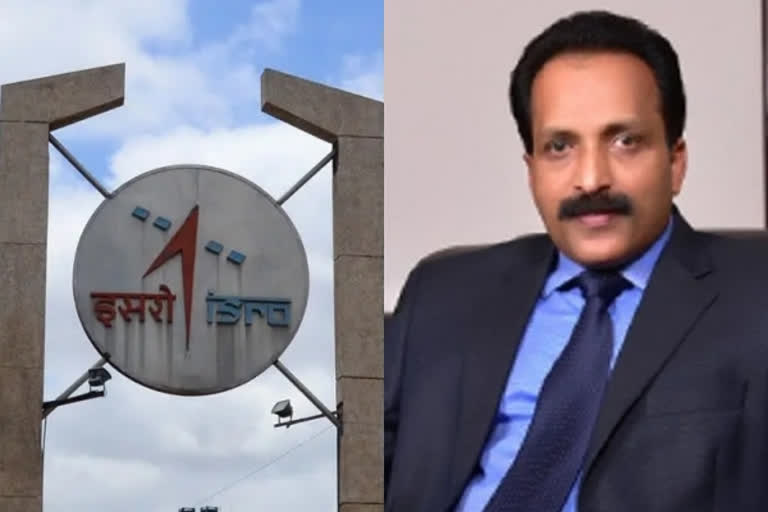Bengaluru: The country is still at the nascent stage in terms of space situational awareness (SSA) and space traffic management (STM) and the Indian Space Research Organisation (ISRO) wants to develop capabilities in this domain, said the chairman of the space agency S Somanath on Wednesday.
He said the ISRO is trying to achieve technical capabilities to build the observation platforms in the country, which would help gain mutual respect in the world. "There is an increased interest in India in this particular domain of SSA and STM. We want to develop the capability in India, both in civilian as well as security-related aspects," he told reporters here.
"What we are trying to achieve is the technical capability to build the observation platforms in India, the ability to predict and contribute to the global space situation awareness and finally, unless we are strong in this domain, there will be no mutual respect," the space scientist said. He was talking to reporters during a workshop organized on the subject in the city.
A large number of representatives of firms in this domain and experts from different parts of the globe attended the workshop. According to Somanath, the goal is to gain mutual respect so that there is reciprocity of data and information share that would happen between India and other nations. This would strengthen the security of the space assets India has, he said adding this effort would make India technically stronger in the international community.
Also read: ISRO, Microsoft collaborate to support space-tech start-ups in India
"So, this is the primary goal of this exercise we are trying to do. Currently, this capability is at a nascent stage in India and we want future growth. There is also a huge commercial potential in this area. That's why industries are interested. So, we have roped in industries, which will build systems in India as well," the space scientist said.
The systems include observation platforms, radar, analytical capabilities, and data supplying in terms of commercial exploitation, among others, he said adding that ISRO would look forward to growth in the next few years. Somanath explained that the seminar was not country-wise participation. Instead, the focus was on whether there was an expert in this domain across the globe, who were invited to the workshop.
According to him, the experts happily join the workshop and presented their views on the subject. To a query on the space debris falling from the sky, he said that was one aspect of the workshop, but there are many more which were discussed.
"Objects continue to fall on earth because there is a gravitational pull. That's one aspect of the space debris that is coming back and impacting the earth and other places but we are looking at much more than that – what will happen to space when we send more satellites there and how secure they are, whether their life will be threatened, can human beings safely travel to space when the number of satellites and debris will increase," he said. He also said that space sustainability is an important aspect of the discussion.



